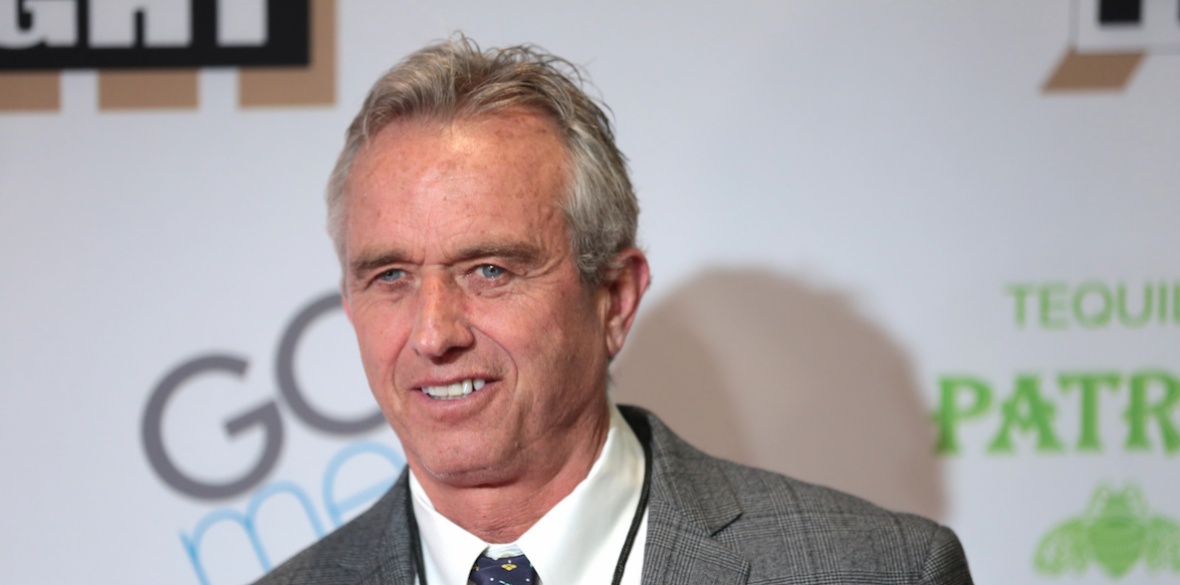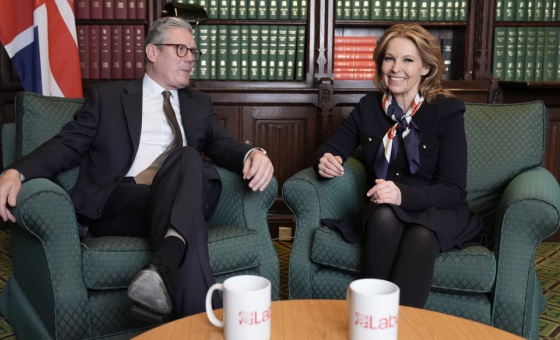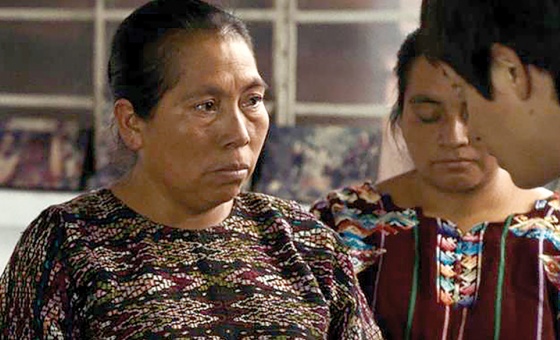This is the last article you can read this month
You can read more article this month
You can read more articles this month
Sorry your limit is up for this month
Reset on:
Please help support the Morning Star by subscribing here
SCIENCE is a slow process. Evidence accumulates and the scientists working in a particular field learn to live with uncertainties until they can hopefully be removed through future work.
Day to day, most scientists do not ruthlessly question and interrogate the overarching paradigms that structure their work in the background — but that doesn’t mean that widely accepted theories can never be superseded.
Challenging widely accepted theories requires not only bravery, since people will initially find your ideas very unlikely, but also patience and a willingness to explain your alternative claims honestly and carefully. However, one thing we must not do is mistake someone’s willingness to argue about their claims with the strength of the actual evidence for what they are saying.
Recently, Robert F Kennedy Jr, an outsider Democrat Party presidential candidate (despite his family name and legacy), appeared on the most-listened-to podcast in the world, the Joe Rogan Experience, which attracts around 11 million listeners per episode.
Kennedy claimed that routine vaccinations can cause autism — a claim that almost all medical researchers would reject. Dr Peter Hotez, the dean of the National School of Tropical Medicine at Baylor College of Medicine in Texas, called Kennedy’s comments “misinformation.” Hotez himself previously appeared as a guest on Rogan’s show in April 2020.
In response, Rogan, the host of the podcast, offered Hotez $100,000 “to the charity of your choice” if he would debate Kennedy on his show. Hotez refused. From this exchange, many seemed to draw the conclusion that, in being the most willing to debate, Kennedy must have the weight of evidence on his side.
Furthermore, they thought that if Hotez was reluctant to debate then this was because he was scared to do so because he knows he is wrong.
The willingness and ability to argue your case is completely unrelated to the strength of the evidence supporting your claims. Sophists make an art of winning a debate, regardless of whether what they are arguing is correct.
This is the exact opposite of what we hope a good scientific disagreement should be. While being able to explain and support your findings is a good skill for a scientist to develop, you would hope that arguments over important things like the safety of vaccines are not settled by who is loudest and most confident in their own ideas. In fact, scientific data is generally badly suited to debate without the presence of the data that the debate centres on.
Scientific disagreement is crucial for scientific progress but can only produce useful results if it is conducted in good faith with attempts to minimise sophistry. This requires that the goal is not to try and “win” the debate, but to gain further insight into a question.
Setting the debate up as Rogan has done makes it antagonistic from the beginning. These are not the actions of someone who is curious about the answer, but someone who is looking to defeat or humiliate an opponent — and for the publicity a debate would bring. There can be no agreement here given the divergent starting worldviews.
Rogan has become increasingly sceptical of vaccines over time. The fact he is happy to let his audience conflate willingness to debate with the truthfulness of someone’s claims is a good indication that his offer is not made out of a desire to understand the reality of vaccines.
In debates such as this, often the side with the least evidence will be the most obnoxious, goading people who disagree with them into a debate where they know that perhaps they can come off well through good rhetoric rather than good evidence.
Anti-vaxxers turned up at Hotez’s home over the weekend and filmed him without his permission, challenging him to debate. This is of course not evidence against their claims — but it does suggest that debating them wouldn’t help.
As for Kennedy’s claims about vaccines being linked to autism, they are the same tired claims that stem from Andrew Wakefield’s original retracted and discredited paper on a possible link between MMR vaccines and autism back in 1998.
Despite personalities like Elon Musk getting involved in Rogan’s manufactured fracas to claim they are “generally pro-vaccine” but want to see the debate specifically on Covid-19, it seems unlikely that one more podcast debate will put these claims to rest — quite the reverse. The vaccine sceptics know that.
The difficulty with defending vaccines is that it is so closely tied to defending the actions of big pharmaceutical companies, who have acted very disreputably in the past and continue to do so.
Vaccines save lives, but it is true that they are also produced by companies that have an imperative to maximise profits. In the past companies have pursued this goal unethically, sometimes at the cost of people’s lives.
Talking about vaccine safety relies on someone having a minimum amount of trust in scientific (rather than rhetorical) arguments and data. It is hard to convince someone that government regulation forces pharma companies to run trials and share data to demonstrate that the vaccines are safe if the other person thinks that it is possible that the pharma company and government made all the trial data up.
Good faith is required within science for there to be a useful scientific debate. When a creeping doubt of all government, big pharma, or scientists sets in, it can be very hard to rebuild that trust. Being sceptical about data from big pharma is sensible, but a blanket rejection of all their data means no amount of evidence can convince you.
When faith in the medical establishment is lost, there is a galaxy of alternative solutions waiting to provide answers. People can replace vaccinations with regimes of cold showers, healing crystals, or herbal supplements, sold to them by charismatic social media presences.
The people selling these solutions like to paint themselves as brave anti-establishment figures — but the bottom line is they are also out to make money, generally with less oversight than pharma companies.
Rogan’s website has a list of supplements with Amazon links that he makes a commission from. While profiting from recommending pills, he paints a doctor who supports vaccines as a big pharma shill.
It is possible to support vaccines while being critical of big pharma. Vaccine safety debates have serious consequences: any vaccine that harms people should be carefully investigated, and if people refuse safe vaccines they may die from preventable diseases.
It seems unlikely that any new evidence will arise from the gladiatorial contests that some media personalities are intent on creating.










